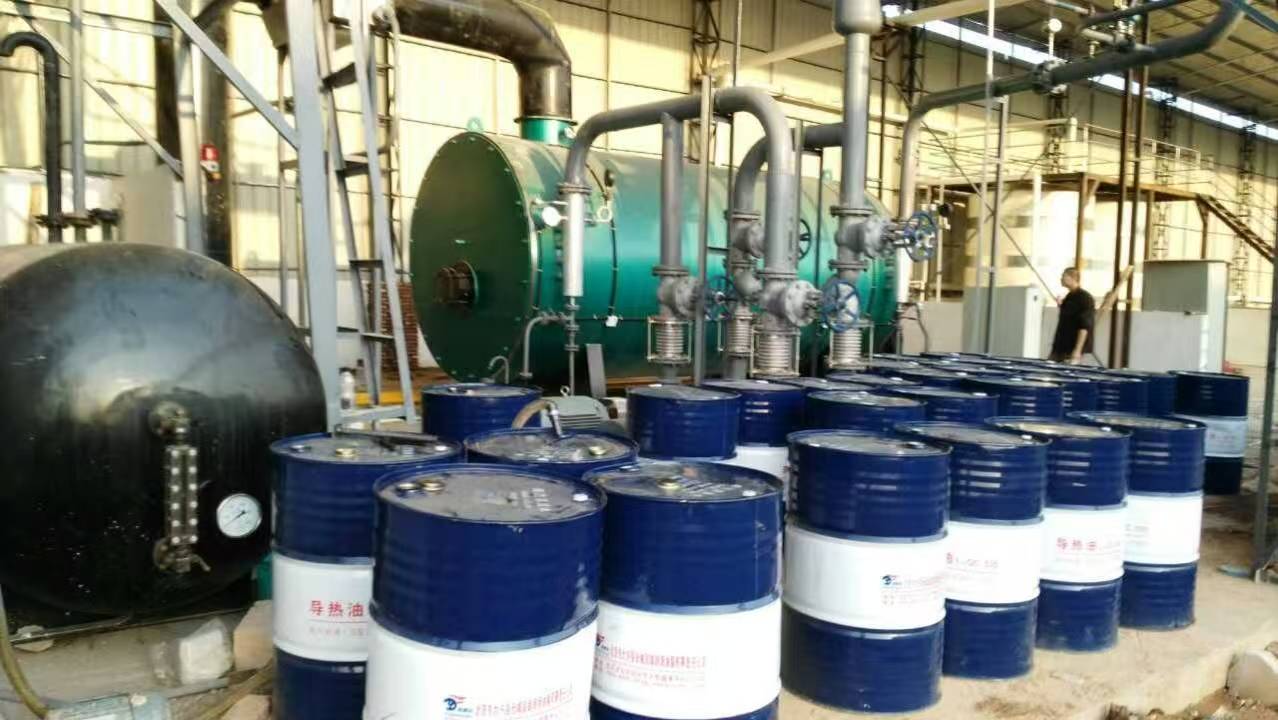Exploring the Versatile Applications of Thermal Oil in Industrial Heating Systems and Energy Efficiency Solutions Across Various Sectors Worldwide
Thermal oil, also known as heat transfer fluid, has become a cornerstone in modern industrial heating systems and energy efficiency solutions. Its ability to operate at high temperatures with minimal pressure makes it an ideal choice for a wide range of applications across various sectors. From chemical processing to food production, thermal oil systems are revolutionizing how industries manage heat transfer, offering unparalleled efficiency and reliability. This article delves into the versatile applications of thermal oil, exploring its role in enhancing energy efficiency and sustainability worldwide.
Industrial Heating Systems
Thermal oil is widely used in industrial heating systems due to its exceptional thermal stability and heat transfer capabilities. Unlike steam-based systems, thermal oil can operate at high temperatures without the need for high-pressure environments, reducing the risk of equipment failure and enhancing safety. Industries such as petrochemicals, plastics, and textiles rely on thermal oil systems for processes like distillation, polymerization, and drying.
Moreover, thermal oil systems are highly customizable, allowing for precise temperature control. This flexibility ensures that industries can maintain optimal operating conditions, improving product quality and reducing energy consumption. The longevity of thermal oil also translates to lower maintenance costs, making it a cost-effective solution for long-term industrial applications.
Energy Efficiency Solutions
One of the most significant advantages of thermal oil is its contribution to energy efficiency. By enabling heat recovery and reuse, thermal oil systems minimize energy waste and reduce operational costs. For instance, in cogeneration plants, thermal oil can capture waste heat from exhaust gases and repurpose it for other industrial processes, significantly improving overall energy efficiency.
Additionally, thermal oil systems are often integrated with renewable energy sources, such as solar thermal power plants. In these setups, thermal oil acts as a medium to transfer heat from solar collectors to power generation units, ensuring consistent energy output even during fluctuating sunlight conditions. This synergy between thermal oil and renewable energy underscores its role in sustainable industrial practices.
Applications Across Various Sectors
The versatility of thermal oil extends to numerous sectors, each benefiting from its unique properties. In the food and beverage industry, thermal oil is used for processes like frying, baking, and sterilization, where precise temperature control is critical. The pharmaceutical sector relies on thermal oil for drug formulation and sterilization, ensuring compliance with stringent regulatory standards.
In the manufacturing sector, thermal oil systems are employed in metal processing, rubber vulcanization, and composite material production. The ability to maintain consistent temperatures across these diverse applications highlights thermal oil's adaptability and reliability. Furthermore, the construction industry utilizes thermal oil in asphalt heating and concrete curing, demonstrating its widespread utility.
Global Adoption and Future Trends
The global adoption of thermal oil systems is on the rise, driven by the increasing demand for energy-efficient and sustainable heating solutions. Countries with robust industrial bases, such as the United States, Germany, and China, are leading the way in implementing thermal oil technologies. Emerging economies are also recognizing its potential, investing in thermal oil systems to modernize their industrial infrastructure.
Looking ahead, advancements in thermal oil formulations and system designs are expected to further enhance its performance and environmental compatibility. Innovations such as biodegradable thermal oils and smart monitoring systems are poised to set new benchmarks in the industry. As the world moves toward greener energy solutions, thermal oil will undoubtedly play a pivotal role in shaping the future of industrial heating and energy efficiency.
SUBSCRIBE
INQUIRY

